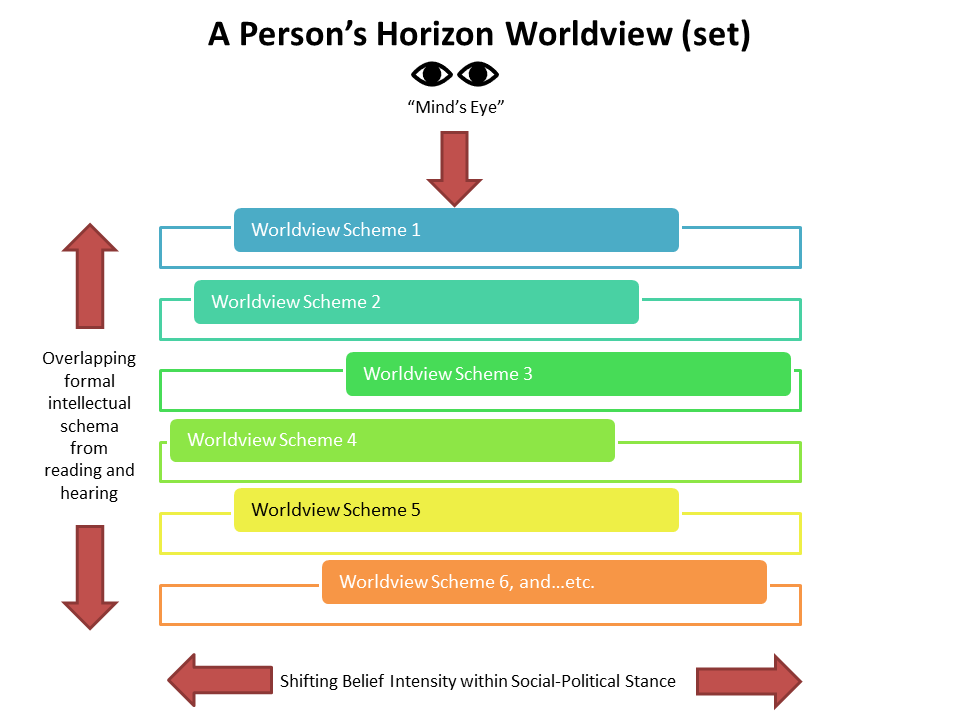An excellent piece, Christofer:
“At issue between these two interpretive poles is the basic presumption of applied social science: to what extent can the recognition of recurring patterns translate into effective political policy? Yet, Thucydides was not writing social science as we know it. To the extent that his text articulated anything like fundamental laws of political behaviour, it did so through exemplary instances and carefully curated parallelisms.”
The author is Mark Fisher is assistant professor of government at Georgetown University in Washington, DC. His research focuses on the history of democratic thought and, especially, on early attempts to understand and theorise Athenian democracy. Published in Aeon
The outlook on parallelism confirms the general ethos of global historians. The population is too generally captivated by presentism. Presentism, which is the reading from the present has a correct and incorrect status. Correct, it is, that everyone asks the question from the present. The present is the starting point, even as we might ask what was the actual view at the time past. Our understanding is an amalgamation of outlooks from the past which presents as present. If we remember that, we are safe in truthfulness and holistic meaning.
Incorrect, it is, in the ignorance of the present, that is, we have no idea (or too few ideas) how we are each subject to the personal amalgamation of outlooks from the past which presents as present.
I “hear” with the “mind’s-eye” the politician, or other such political decision-maker saying, “I do not have time nor the funds to investigate history.” What they are really saying is, “do not disturb my view of the past…I need the political space to push my favoured decisions…and historians are only pessimistic-mongers…God damn, Thucydides, Marx, and Nietzsche.” These political thinkers are the ones (not the historians) – if they each do not choose to change – who have no hope.

The best historian can find the hope for the political decision-maker.
Then there is the poor excuse of the political decision-maker, “no, we cannot afford to fund, contract, or employ professional historians.” It is such a poor excuse from professional politicians, that many would not think it worthy of a reply. But an intelligent reply, I would give: how can you make an intelligent political decision if you not received free and open advice from an Australian intellectual historian.
This is truly the historical understanding of Thucydides, Marx, and Nietzsche, and many more of speakers of truthfulness and holistic meaning.
Featured Image: Designed and copyright by Dr Neville Buch ABN: 86703686642

Neville Buch
Latest posts by Neville Buch (see all)
- Dear grossly, ethically, corrupted - December 21, 2024
- Thoughts with a Professional History colleague on “Artificial Intelligence” - December 21, 2024
- Stephanie M. Lee on “AI by omission”, The Chronicle of Higher Education, Thursday, December 19, 2024 - December 20, 2024
